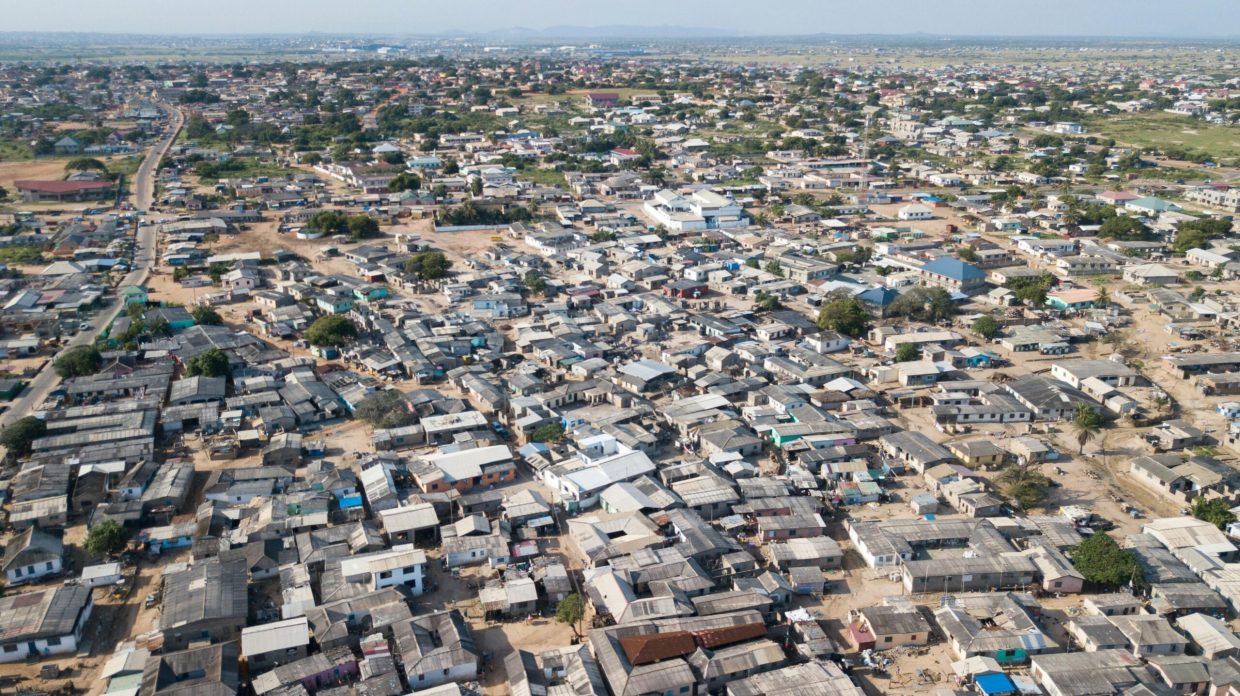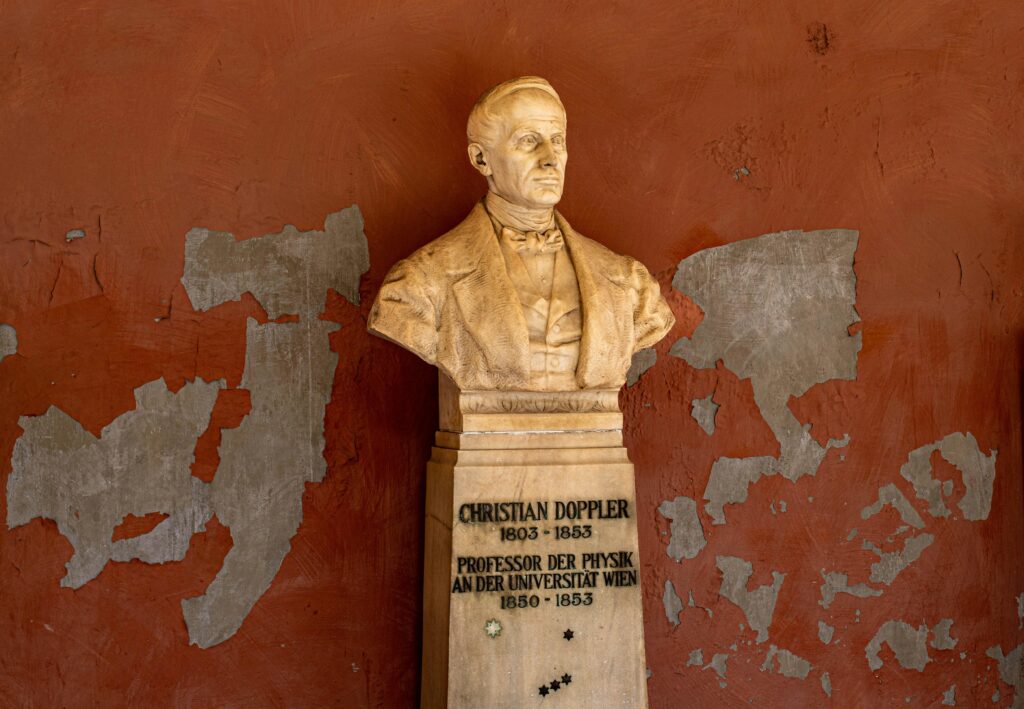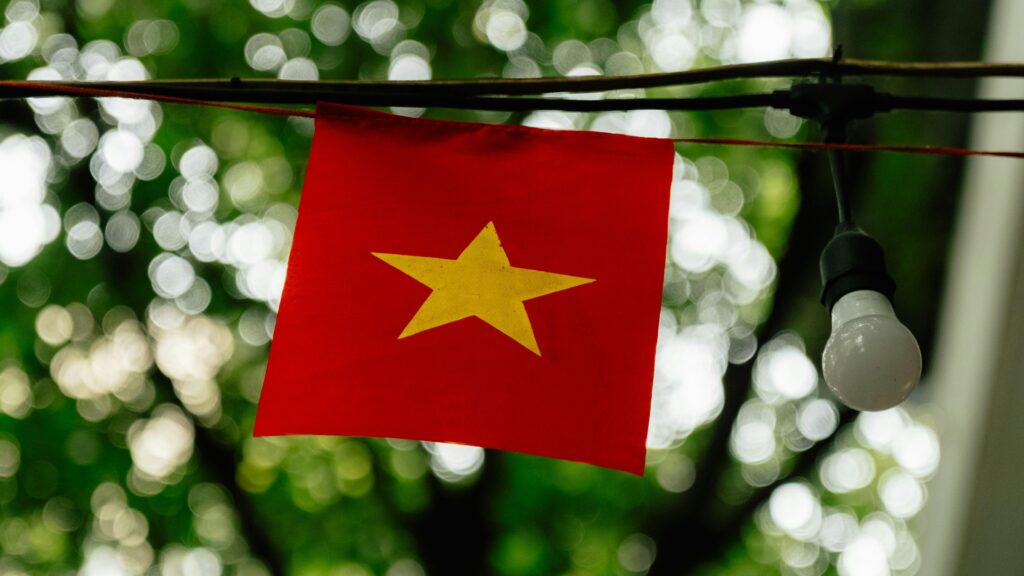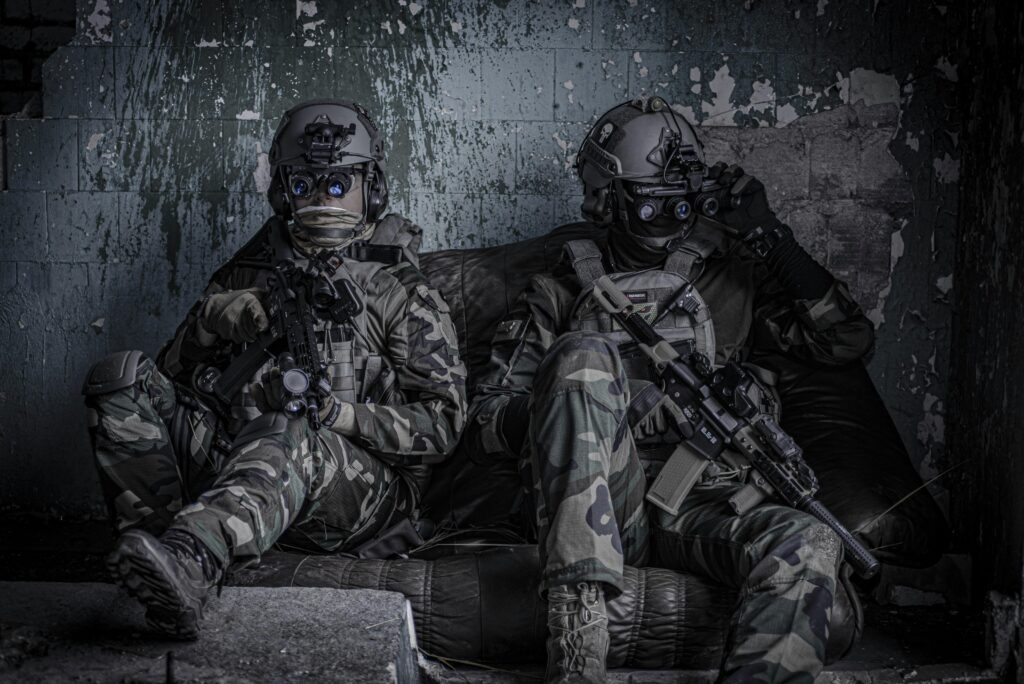Somalia’s struggle against Al-Shabaab is a complex and ongoing saga that captures the world’s attention but often remains shrouded in mystery. What exactly fuels this relentless battle in the Horn of Africa? How are Somali forces and their allies navigating the tangled web of insurgency, politics, and security challenges? Join me as we dive inside Somalia’s ongoing fight against Al-Shabaab threats, exploring the human stories, strategic efforts, and the resilient spirit driving this intense conflict. Curious to uncover what’s really happening on the ground? Let’s get started.
Table of Contents
- Understanding the Roots of Al-Shabaab’s Influence in Somalia
- How Local Communities are Fighting Back Against Extremism
- The Role of International Support in Strengthening Somalia’s Security
- Practical Steps for Sustainable Peace and Counterterrorism Efforts
- To Wrap It Up
Understanding the Roots of Al-Shabaab’s Influence in Somalia
To grasp why Al-Shabaab continues to wield such potent influence in Somalia, we must delve into the complex web of historical, social, and political factors that have shaped the nation’s landscape. Decades of civil war and political instability have created power vacuums, leaving many communities vulnerable to the group’s narrative. Exploiting widespread discontent, Al-Shabaab has positioned itself not just as a militant force but as a pseudo-government offering security, justice, and basic services in regions where official governance remains weak or absent. This strategic positioning allows it to embed within the very fabric of Somali society, blurring the lines between insurgency and everyday governance.
Moreover, the group’s influence is intricately tied to a combination of grassroots support and intimidation tactics, underpinned by an ability to adapt to evolving circumstances. Key factors fueling its resilience include:
- Clan dynamics: Navigating Somalia’s intricate clan system to build alliances and undermine adversaries.
- Economic leverage: Controlling trade routes and local resources to fund operations and gain loyalty.
- Religious ideology: Offering a radical interpretation of Islam that resonates with disaffected youth seeking identity and purpose.
- Exploiting weak institutions: Filling governance gaps with social services while perpetuating cycles of conflict.
How Local Communities are Fighting Back Against Extremism
Across Somalia’s diverse neighborhoods, ordinary citizens are emerging as unexpected champions in the fight against Al-Shabaab’s influence. Their tactics are as varied as they are determined, intertwining traditional practices with innovative community-led strategies. From reactivating local councils to organizing neighborhood watch groups, these communities refuse to relinquish their neighborhoods to fear and control. Young activists and elders alike play pivotal roles, fostering trust and resilience through open dialogue and awareness campaigns. Their work includes educating residents on spotting recruitment tactics and offering alternative paths to youth who might otherwise be vulnerable to extremist narratives.
Additionally, grassroots initiatives have embraced technology as a tool for resistance. Social media campaigns and mobile alert systems keep communities informed and connected, creating an invisible yet powerful network of vigilance. Efforts like community radio stations broadcast messages of peace and unity, countering extremist propaganda with stories of hope and shared heritage. Religious leaders also collaborate, spearheading interfaith discussions that undermine divisive ideologies. Ultimately, these collective efforts illustrate a profound truth: the power to dismantle extremism often begins where the heart of society beats strongest — in the people themselves.
- Neighborhood patrols coordinated to enhance local security.
- Educational workshops targeting youth engagement and critical thinking.
- Use of social media platforms for real-time alerts and awareness.
- Interfaith dialogues promoting tolerance and unity.
- Community radio broadcasts advocating peace and providing counter-narratives.
The Role of International Support in Strengthening Somalia’s Security
International support remains a cornerstone in the ongoing efforts to stabilize Somalia amid persistent threats from Al-Shabaab. By combining resources, expertise, and intelligence sharing, foreign allies bolster the country’s fragile security framework. This collaborative approach extends beyond mere financial aid—it involves strategic training programs for Somali security forces, joint military operations, and capacity-building initiatives aimed at improving governance and rule of law. Such support empowers local forces to transition from reactive operations to proactive measures, effectively diminishing Al-Shabaab’s influence in key regions.
The impact of international contributions can be observed in several critical areas, including:
- Advanced counterterrorism training that enhances operational readiness and tactical skills.
- Provision of sophisticated surveillance technologies facilitating real-time intelligence gathering.
- Strengthening of border security protocols to disrupt arms and militant smuggling networks.
- Support for civil society and humanitarian initiatives that underpin long-term security by addressing root causes of extremism.
Practical Steps for Sustainable Peace and Counterterrorism Efforts
Addressing the multifaceted challenge posed by Al-Shabaab requires a holistic approach that goes beyond mere military solutions. Investing in community engagement and local governance is critical; empowering local leaders and civil society fosters resilience against extremist ideologies. Key initiatives include:
- Supporting education programs that promote peace and critical thinking
- Enhancing economic opportunities, especially for youth vulnerable to radicalization
- Facilitating reconciliation efforts that bridge clan divisions and historical grievances
Moreover, strengthening Somalia’s security apparatus with sustainable training and resources can gradually stabilize key regions. Collaboration with international partners must emphasize respect for human rights and local sovereignty, creating an environment where trust flourishes. By integrating social development with strategic counterterrorism, Somalia can inch closer to dismantling Al-Shabaab’s grip and building lasting peace.
To Wrap It Up
As Somalia continues to grapple with the persistent threat of Al-Shabaab, the resilience and determination of its people and security forces remain a beacon of hope amid uncertainty. While the challenges are undeniably complex, understanding the nuances behind this ongoing battle reveals a story of courage, adaptation, and the relentless pursuit of peace. It’s a conflict that demands our attention—not just as a distant headline—but as a reminder of the intricate dynamics shaping global security. Watching Somalia’s journey unfold invites us to stay curious, engaged, and hopeful for a future where stability might finally take root.













